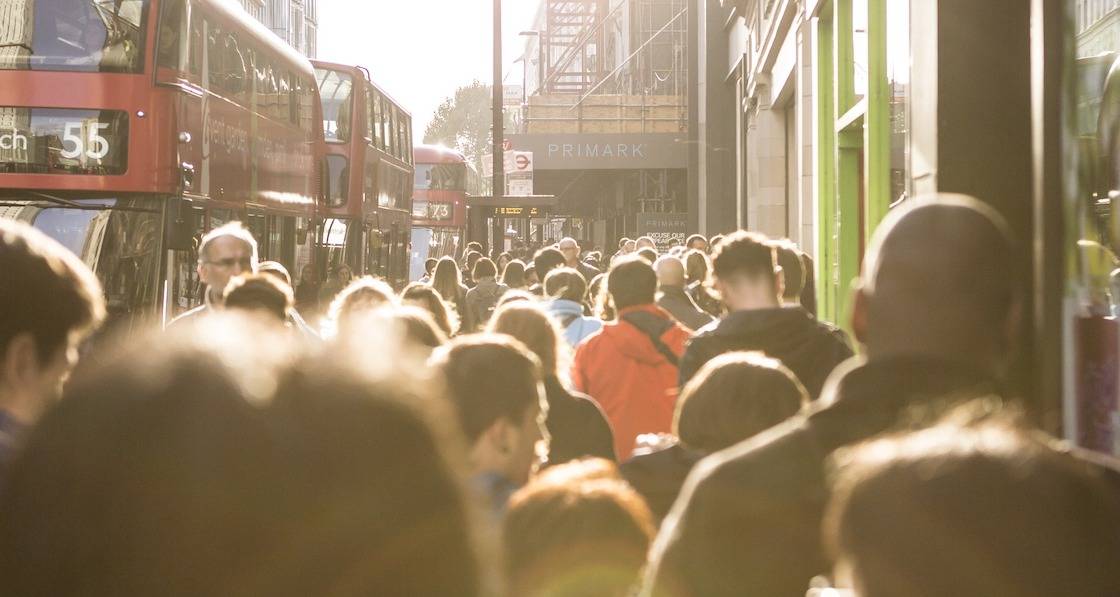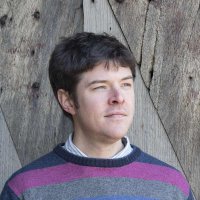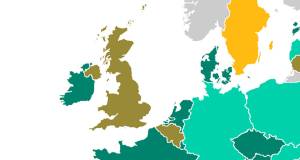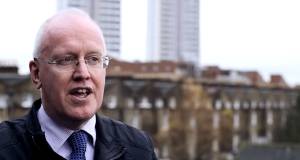
- Blogs
- Posted
How humanity can save itself from itself
We are in the grip of a global emergency. The science is clear, and thousands of lives have already been lost. The public are demanding firm and bold leadership, but a laissez-faire attitude on the part of western governments has delayed and watered down our response, with calamitous consequences.
The blame cannot be laid only at the door of our governments; it is after all the people who elected them. Or perhaps more appositely, we got the governments we deserved. Individual actions as well as those made on our behalf by governments have an enormous impact but the momentum of the status-quo, and reluctance to give up the lifestyles we have become accustomed to, raises barriers to making the changes that are urgently needed.
Our response must be a collective one, stretching across social divides and geographical boundaries; nature does not recognise these human constructs, but the impacts disproportionately affect those least able to react.
The onset of the crisis is characterised by feedback loops and exponential growths, those mathematical mechanisms that are so counter-intuitive, and which are difficult to grasp by a large proportion of the population. It is a forgivable human reaction to deny one’s role in the crisis; how, after all, can one person have a measurable effect in a truly global event? The answer to this rhetorical question is deceptively simple; if we all behave without consideration, it is not just one person’s actions, but millions or billions that accumulate to have a devastating impact.
It could be argued that it boils down to this: relatively small to moderate personal inconvenience incurred by every individual can avert, or more realistically at this stage, mitigate the tragic effects. But these inconveniences are apparently intolerable for the great many. There seems to be a belief in our exceptionalism, nationally and personally, that goes hand in hand with a disregard for expertise.
V
Vast numbers of people are apparently carrying on business as usual, people who cannot reasonably claim to be unaware of the facts. The mentality of ‘it’ll never happen to me’ contains several layers of arrogance: firstly that one is unlikely to be affected; secondly that the effects will be minor, and that indirect effects are unimportant; thirdly that one exists in isolation and actions or inactions have insignificant consequences. There are consequences, but they are mostly separated from the individual actions by time and space. The human brain is adept at explaining away more convoluted chains of events arising from our actions and it is adept at justifying them; it was just a little bit, just that one time.
Can humanity save itself, from itself? Does it deserve to? Can we realise enough insight into our own nature to understand that none of us are exceptional, we are each just one point in a very, very large crowd. At the heart of the problem lies wicked paradox. Individual actions are crucial and drive the problem or the solution; on the other hand, each of us is not even a statistic – just a statistically insignificant contribution to a statistic.
On this statistical level, humanity is still behaving more or less like bacteria in a petri-dish. We’re programmed to behave as individuals in a way that creates exponential growth, which is a problem where most of our resources are finite. It seems to me that acknowledging and understanding this paradox is the first step if we as a species are to exhibit more sustainable behaviour on a statistical level. If we can learn to be humble enough to understand that we are individually unimportant — but that our individual actions, when aggregated, have the power to either heal and protect or consume and destroy — only then can we begin to abate both the current Covid-19 pandemic and the climate emergency.
About the author
Toby Cambray is a founding director and leads the building physics services at Greengauge. He is a member of Technical Working Group 1 (Modelling and Monitoring) for the Centre for Moisture in Buildings, and is a regular guest lecturer at UWE.




